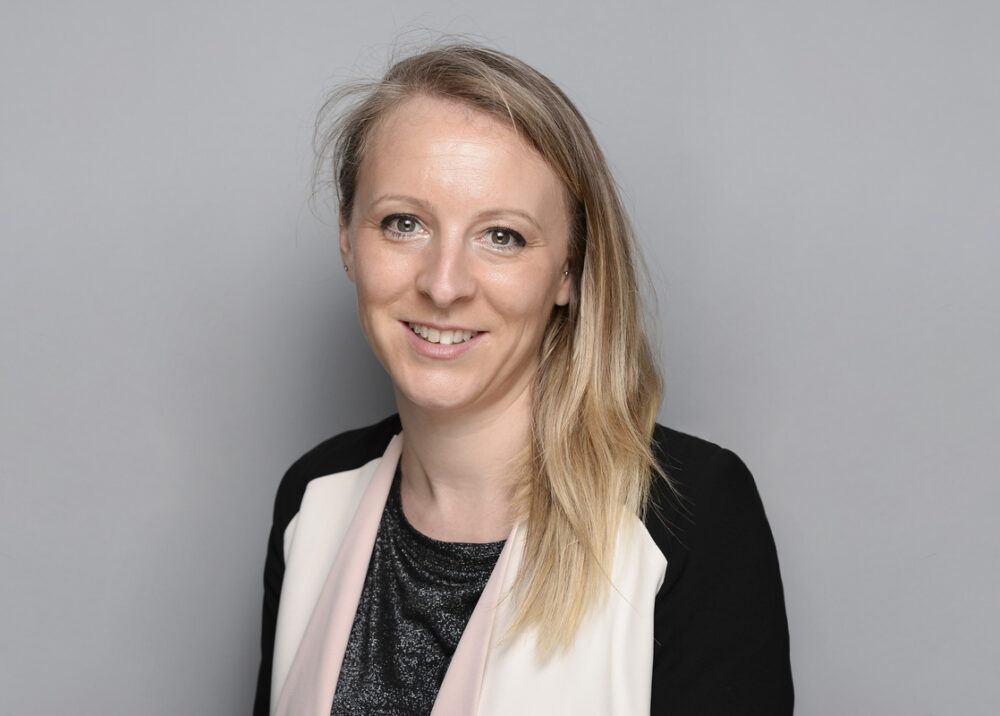As educators and as a society, we have a collective duty to challenge misconceptions and discrimination to create a truly inclusive world says, Hannah Kelly, Head of Inclusion at GEMS International School – Al Khail (GIS)
Inclusion seems to be such a buzzword in education at present but what it means, how it looks and why it is so important are often less understood. The interest in, and importance of, inclusion is of such significance that it is specifically mentioned as part of Goal 4 of the United Nations Sustainable Development Goals (2015), which calls for governments around the world to ensure equitable, inclusive education that allows everyone the opportunity to learn.
This is something that Dubai has made a key priority, with inclusive education now at the forefront of their directives. KHDA’s shift towards inclusion signals changes within school and educational settings that are designed to help all our children and young people to be successful. At a personal level, this excites me greatly.
As educators we are in a privileged position to encourage, challenge and guide children as they progress through their developmental years. Our role to support them in developing self-advocacy, empathy and respect can have an impact far beyond the classroom.
With previous education models centred around exclusionary approaches (Simpson & Price, 2010), it has become increasingly important that as educators we re-evaluate our approaches. Should we not be moving away from the term ‘differentiation’ because this implies that something needs to be different, and instead look at how we can unpick barriers that are created by us as a society?
Think of it this way – if you build a staircase but no ramp, how is the building accessible for all? As a society we accept accommodations such as hearing aids and glasses. However, explaining why a child with dysgraphia, for example, should be allowed to utilise assistive technology is not met with the same level of acceptance. Let’s lead the way in challenging and changing this.
We should work hard to ensure the voice of students is not only heard but is also at the heart of all our decision making. Within inclusion, we must work with the students to set personal goals and targets, challenge misconceptions and prejudice and redefine learning.
Student voices should be encouraged and celebrated, and I have been so proud of our students who have started an inclusion committee, are developing a student mentor programme, peer tutoring, social groups and so much more – all to help their peers and to work collaboratively. This is the essence of inclusion where everybody sees, hears and supports one another, without fear of judgment.
I could focus on how inclusion should look but to truly understand why inclusion should be at the forefront of educators’ agendas we can turn to science. Advancements in educational neuroscience now indicate that brain development is a continuous process and that an individual’s intelligence quotient (IQ) is not fixed.
What does this mean for the classroom? Put simply, it means that we should not put limits on children and instead we should consider the brain’s ability to adapt to changing conditions, stimuli and use over time.
Educators have an exciting role to play in redefining how teaching and learning looks in the classroom. Changing how we approach things can promote independence and access for all, which ultimately is our goal as educators. Teaching and learning are no longer a rote learning exercise, with teachers feeding children facts and figures, and getting them to repeat. Instead, education is about developing critical thinking, problem solving and equipping children with skills for jobs that, in an ever-developing world, we haven’t even thought of yet.
And with World Inclusion Day upon us, I invite educators and communities to ask themselves; how can I support and develop inclusion in my school? How can I challenge misconceptions and discrimination? How can I help shape the future to ensure a more inclusive, tolerant and diverse world?








